Investing can often feel like navigating a maze without a map. With countless options available and unique individual financial goals, it's easy for anyone to feel overwhelmed. However, understanding that each investor has distinct needs and preferences when it comes to balancing risk, reward, and flexibility is key. Empowering yourself with education is one of the most crucial tools in your financial planning arsenal. This blog post aims to provide you with a clear and informative overview of the most common types of investment vehicles, enhancing your confidence in making the right investment choices for you.
Exchange-Traded Funds (ETFs)
ETFs combine the flexibility of stock trading with the diversified nature of mutual funds. Traded like individual stocks on exchanges, they provide investors access to a wide variety of markets or sectors. Advantages include low fees, tax efficiency, and the ability to trade at any point during market hours. On the downside, intraday price volatility and potential brokerage fees can occur, and some ETFs may lack diversification.
Real Estate and Collectibles
Real estate and collectibles, like rental properties, precious metals, or artwork, represent tangible assets acquired to generate income or increase in value. They offer the potential for passive income, value appreciation, and serve as a hedge against inflation. However, these investments are often illiquid, involve high entry and maintenance costs, and may pose challenges in valuation or sale.
Bonds
Bonds are debt instruments that involve lending money to corporations or governments in exchange for interest payments, culminating in the return of the principal amount upon maturity. They generally carry less risk than stocks, offer regular income, and contribute to portfolio stabilization. Nevertheless, bonds come with lower potential returns, risk of issuer default, and vulnerability to interest rate fluctuations.
Mutual Funds
Mutual funds pool money from various investors to invest in a diverse mix of stocks, bonds, or other securities, guided by professional management. They provide instant diversification, ease of access with low initial investments, and the expertise of fund managers. Yet, management fees, limited control over specific holdings, and possible tax inefficiencies can detract from returns.
Certificates of Deposit (CDs)
CDs are time-bound deposits you make with a bank, providing guaranteed interest rates in exchange for agreeing not to withdraw the funds for a fixed period. They offer low-risk investments, predictable returns, and are often insured by the Federal Deposit Insurance Corporation. However, they come with limited liquidity due to early withdrawal penalties, lower returns compared to stocks, and funds are tied up for the term duration.
Stocks
Stocks represent ownership in a company, granting shareholders a claim to a portion of its profits. They offer opportunities for significant long-term growth, dividend income, and ease of trading due to high liquidity. However, stocks are susceptible to market volatility, requiring diligence and tolerance for potential losses in individual stock selection.
Target-Date Funds
Target-date funds automatically adjust their asset mix over time, aligning with a targeted retirement year to shift from growth to asset preservation. They offer convenience through hands-off investing, built-in diversification, and evolving strategies to mitigate risk over time. However, these funds may not align with specific goals or risk tolerances, can involve different fee structures, and still require occasional suitability assessments by the investor.
Investing is not a one-size-fits-all journey. It's vital to consider personal financial goals and risk tolerance when making investment decisions. Recognizing the major types of investment vehicles is a fundamental step in making informed choices. Take a moment today to perform a financial action—whether reviewing your portfolio, conducting further research, or consulting with a financial advisor. Each step brings you closer to a more secure and informed financial future.


